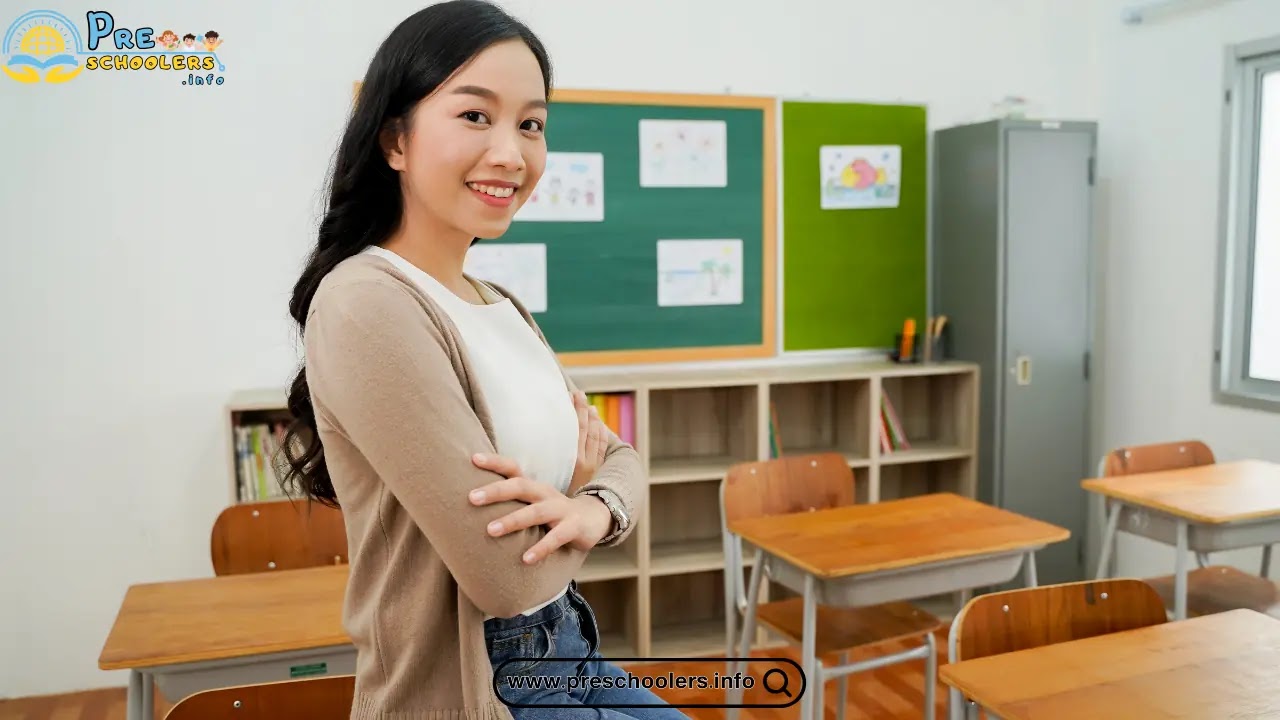4 stages of skill building for preschool educators
 |
| 4 stages of skill building for preschool educators |
Stages of skill formation:
When we talk about skill, we are talking about the ability
necessary to perform a specific action quickly, accurately and proficiently. As
for the educator, his skills are the experiences he acquired from experiences
and training that contributed to his development at the practical and personal
level to help him reach his goal in education in the most complete way, through
these stages it is clear to us how the educator can develop in acquiring skills
and improving his professional performance over time, and the following are the
stages of skill development for the educator.
The four stages of skill building:
1 - Unconscious and
unskilled:
At this stage, the educator does not know
what his issues are or how to identify them, he may know that there are things
that are not right, but he has no idea how to fix them or deal with them.
2 - Conscious and
unskilled:
In this stage, the educator knows that there are many issues and
difficulties, but still does not know how to solve them, he may know what is
required, but does not have the qualifications or self-confidence to get it, so
he realizes that he has to do something, but he does not know what it is.
3 - Awareness and
skill:
At this stage, the educator knows how to solve his issues and
overcome the difficulties he faces, but it takes time and practice, he knows
what he knows and can apply it as long as he focuses on it, and he may also realize
at this stage that there is no other way to improve himself except to devote
himself to the goal and do what he has to do, and it is time to apply what has
been acquired and discovered knowledge, thus he develops himself and his
productivity increases as his knowledge increases.
4 - Skill and
Unconsciousness:
At this stage, the educator becomes so skilled that he does what
he has to do even without thinking about it, as it has become a natural thing
for him, he does it without realizing it, because he practiced the skills he
acquired continuously and permanently until they became his habits.
Through continuous training, practical experiences and
self-improvement, the educator can reach the final stage of professional
performance, something that happens naturally without the need to consciously
think about it and that enhances the educator's ability to deal with
educational challenges and improve the learning experience of children.
In short, skills refer to the basic abilities to perform a
particular task quickly, accurately, and efficiently. In the case of an
educator, his skills include the knowledge he acquired through his experiences
and training that contributed to his professional and personal growth and
helped him achieve his educational goals comprehensively. Through these stages,
it is clear that an educator can develop his skills and gradually improve his
professional competence.
All of these skills are essential and will enhance the special
abilities of preschool educators, whether in dealing with children,
communicating with parents, or integrating with the team within the educational
institution.
These skills must be possessed by the educator, as they help to solve issues smoothly and easily without much effort or exhausting himself with the simplest things.
